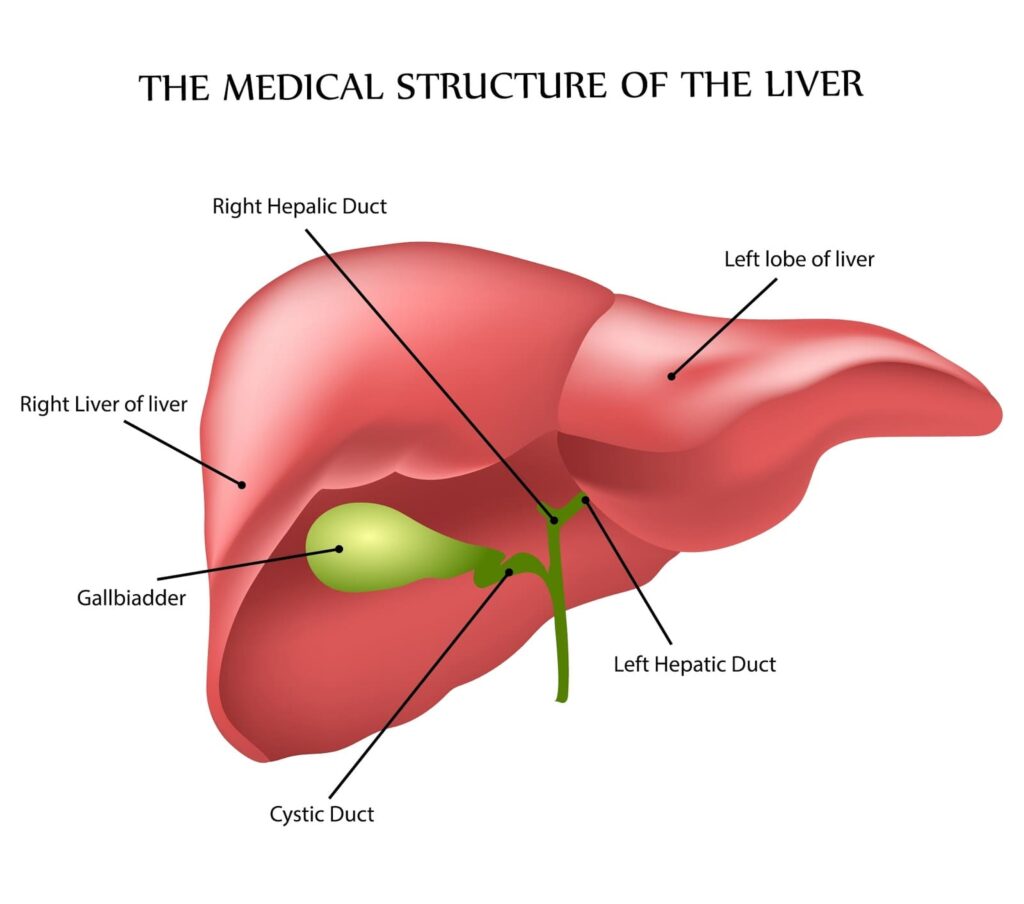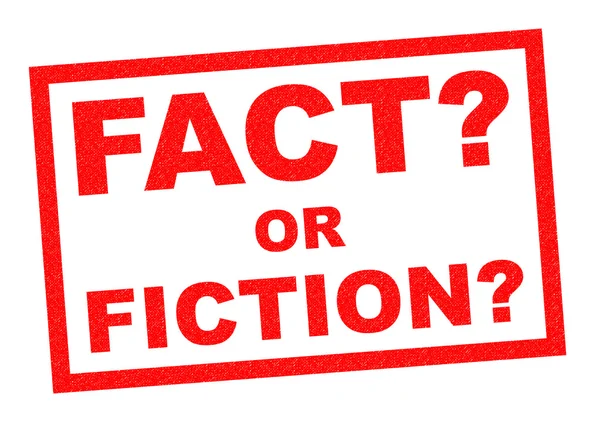
Detoxing Your Liver. The prevalence of some liver diseases increases with ageing, and advanced liver disease is observed more often in older than in younger patients. Moreover, various physiological changes associated with ageing may affect the pathogenesis of liver diseases.
Your liver represents the human body’s primary filtration system, converting toxins into waste products, cleansing your blood, and metabolizing nutrients and medications to provide the body with some of its most important proteins. As such a fundamental part of the body’s overall regulation, it’s paramount to keep your liver healthy and to limit overindulgence.
In recent years, many products have flooded the market purporting to detox and cleanse your liver, whether it’s after a weekend of bingeing on food or alcohol, to maintain daily liver function, or to repair an already damaged liver. Tinsay Woreta, M.D., a Johns Hopkins hepatologist, is here to help debunk persistent liver health myths and determine the value of cleanses.
Fact Versus Fiction

Myth #1. Liver cleanses are important for daily health maintenance and especially helpful after overindulging.
Detoxing Your Liver. Though liver cleanses are packaged to claim that they’re a cure-all for daily liver health and overindulgence, Johns Hopkins hepatologists do not recommend them. “Unfortunately, these products are not regulated by the FDA, and thus are not uniform and have not been adequately tested in clinical trials.”
While some common ingredients in liver cleanses have been shown to have positive results — milk thistle has been shown to decrease liver inflammation, and turmeric extract has been shown to protect against liver injury — there have not been adequate clinical trial data in humans to recommend the routine use of these natural compounds for prevention.
Consequently, for overindulgence of alcohol or food, less is always best when it comes to liver health. And cleanses have not been proven to rid your body of damage from excess consumption.
Myth #2: Liver cleanses are a safe and healthy way to lose weight.
Detoxing Your Liver. Many liver detoxification products are also sold as weight loss cleanses. However, there are no clinical data to support the efficacy of these cleanses. In fact, some dietary supplements can actually cause harm to the liver by leading to drug-induced injury and should thus be used with caution.
Myth #3: You cannot protect yourself against liver disease.
Detoxing Your Liver. “Contrary to this myth, there are many preventive steps you can take to protect yourself against liver disease,” says Woreta. The following measures are recommended:
- Do not drink alcohol in excess. So then, on a routine basis, men should not consume more than three drinks per day. And women should not consume more than two drinks per day to prevent the development of alcoholic liver disease.
- Avoid weight gain. Maintain your body mass index in the normal range (18 to 25) by eating healthy and exercising on a regular basis to decrease your risk of developing nonalcoholic fatty liver disease.
- Beware engaging in risky behaviors. To avoid the risk of acquiring viral hepatitis, do not engage in behaviors such as illicit drug use or having unprotected sex with multiple partners.
- Know your risk factors. If you have the following risk factors for liver disease, it’s important to go for screening, as chronic liver disease can be silent for years and go unrecognized:
- Excessive alcohol use
- Family history of liver disease
- Anyone who received a blood transfusion prior to 1992
- Current or former illicit drug use
- Patients on hemodialysis
- Patients with HIV
- Health care workers who have been stuck by needles with hepatitis C-infected blood
- Anyone with a history of tattoos inked in an unregulated setting
Myth #4: Liver cleanses can correct existing liver damage.
Detoxing Your Liver. “Liver cleanses have not been proven to treat existing liver damage,” says Woreta, “but there are many other forms of treatment available for those who are affected.” Here are a few types of liver disease and their available treatment options:
- Hepatitis A and B. You should be vaccinated against hepatitis A and B if you are not immune or have any other underlying liver disease. Highly effective oral medications for patients with chronic hepatitis B infection are available as well.
- Alcoholic liver disease. All alcohol consumption should cease in order to allow the liver the best chance for recovery. The liver has an amazing ability to regenerate and heal once active injury has been stopped.
- Hepatitis C. Highly effective, well-tolerated oral medications now exist to treat hepatitis C.
- Nonalcoholic fatty liver disease. The most effective treatment for nonalcoholic fatty liver disease is weight loss, which has been shown to decrease the amount of fat in the liver and the inflammation caused by the fat.
Myth #5: Obesity does not increase your risk of liver disease.
Detoxing Your Liver. Obesity significantly increases your risk of developing nonalcoholic fatty liver disease. As mentioned in myth #4, fat in the liver can cause inflammation, which may lead to the development of fibrosis and cirrhosis. “Due to the rising epidemic of obesity in the United States, the prevalence of nonalcoholic fatty liver disease is rapidly increasing and is expected to overtake hepatitis C as the leading indication for liver transplant in the next 30 years,” explains Woreta.
Ultimately, the best thing you can do to keep your liver healthy is to treat it well. Avoid frequent overconsumption of food and alcohol, maintain a healthy diet and exercise regimen, and get screened if you have liver disease risk factors. If you do have liver damage, work with your physician to come up with the healthiest and safest plan for your personal needs.
What could Possibly Go Wrong

Detoxing Your Liver. Though liver cleanses are packaged to claim that they’re a cure-all for daily liver health and overindulgence, Johns Hopkins hepatologists do not recommend them. However, Cirrhosis , in which liver cells are replaced with scar tissue, can prevent your liver from doing its critical jobs. Also, so can nonalcoholic fatty liver disease , a fast-growing epidemic among the obese, and older adults, which can lead to cirrhosis. As a result, “If your liver stopped working,” says Dr. Alqahtani, “toxins would accumulate, you couldn’t digest your food and medications would never leave your body.”
In fact — you can’t live a week without your liver.
So here’s a list of ways to avoid liver disease. Some of them are healthy behaviors you might do anyway. Others may never have occurred to you. Heed these tips to stay right with your liver.
1. Be careful about alcohol consumption
If you think only lifelong, falling-down drunks get cirrhosis of the liver — you’re mistaken. Just four ounces a day of hard liquor for men (two for women) can begin to scar your liver.
2. Wash produce and steer clear of toxins
Pesticides and other toxins can damage your liver. Read warning labels on the chemicals you use. In addition, wash fruit and veg well.
3. Prevent hepatitis A, B and C
- Get vaccinated: Hepatitis A and B are viral diseases of the liver. While many children have now been immunized, many adults have not. Ask your doctor if you are at risk.
- Practice safe sex: Hepatitis B and C can develop into chronic conditions that may eventually destroy your liver. They are transmitted by blood and other bodily fluids.
- Wash your hands: Hepatitis A is spread through contact with contaminated food or water.
4. Watch out for medications and herbs
“The number one reason clinical [medicine] trials are stopped or drugs removed from the market is the liver,” warns Dr. Alqahtani, who adds, “20 percent of liver injury in the U.S. is caused by supplements.” The National Institutes of Health has a database of substances known to be toxic to your liver.
5. Exercise and eat right
Avoid fatty liver disease by avoiding obesity.
DONATE
Pensioner Fitness Awards
THE BUSINESS CONCEPT, BEST IN BUSINESS AWARDS
- “MOST INSPIRING SENIOR WELLNESS WEBSITE 2023“
THE GLOBAL HEALTH AND PHARMA, FITNESS AND NUTRITION AWARDS
2. “BEST SENIOR FITNESS AND NUTRITION SPECIALIST 2023“
THE MIDDLE EAST AND AFRICA BUSINESS AWARDS
3. “ MOST INCLUSIVE FITNESS PROVIDER 2023″
THE CORPORATE LIVE WIRE GLOBAL AWARDS 2023/2024
4. ” FITNESS ADVISORY PLATFORM OF THE YEAR“ 2023/2024
In Conclusion
The liver is essential for your health, but many people abuse their liver by overeating and becoming obese, by overindulging in alcohol abuse. And by using untested self-medication methods that can be very dangerous, and can damage the liver.
Important Note *
Remember that everyone is different, it is ultimately YOUR RESPONSIBILITY to find what your body responds to. So please do your due diligence before trying anything new, including getting Medical Advice to ensure your safety and peace of mind.
Connect with me and leave a comment